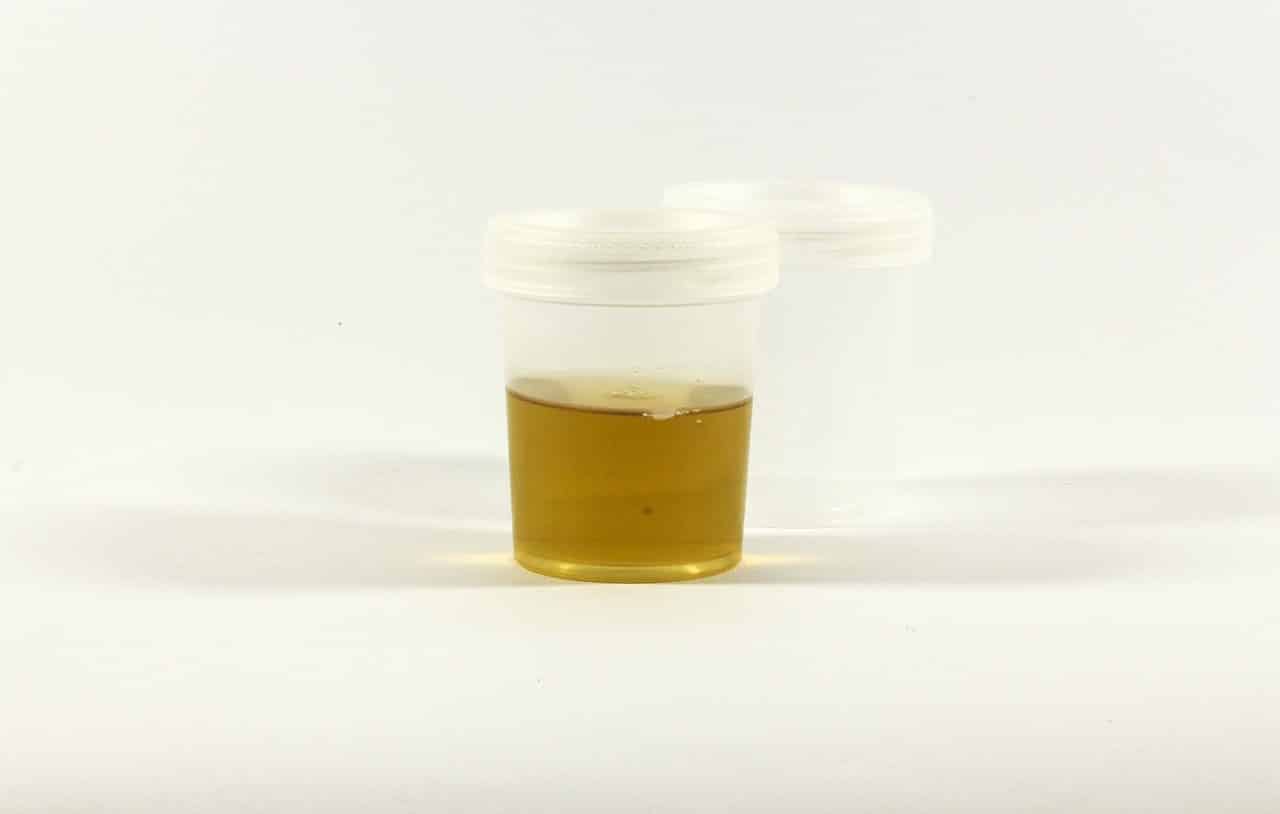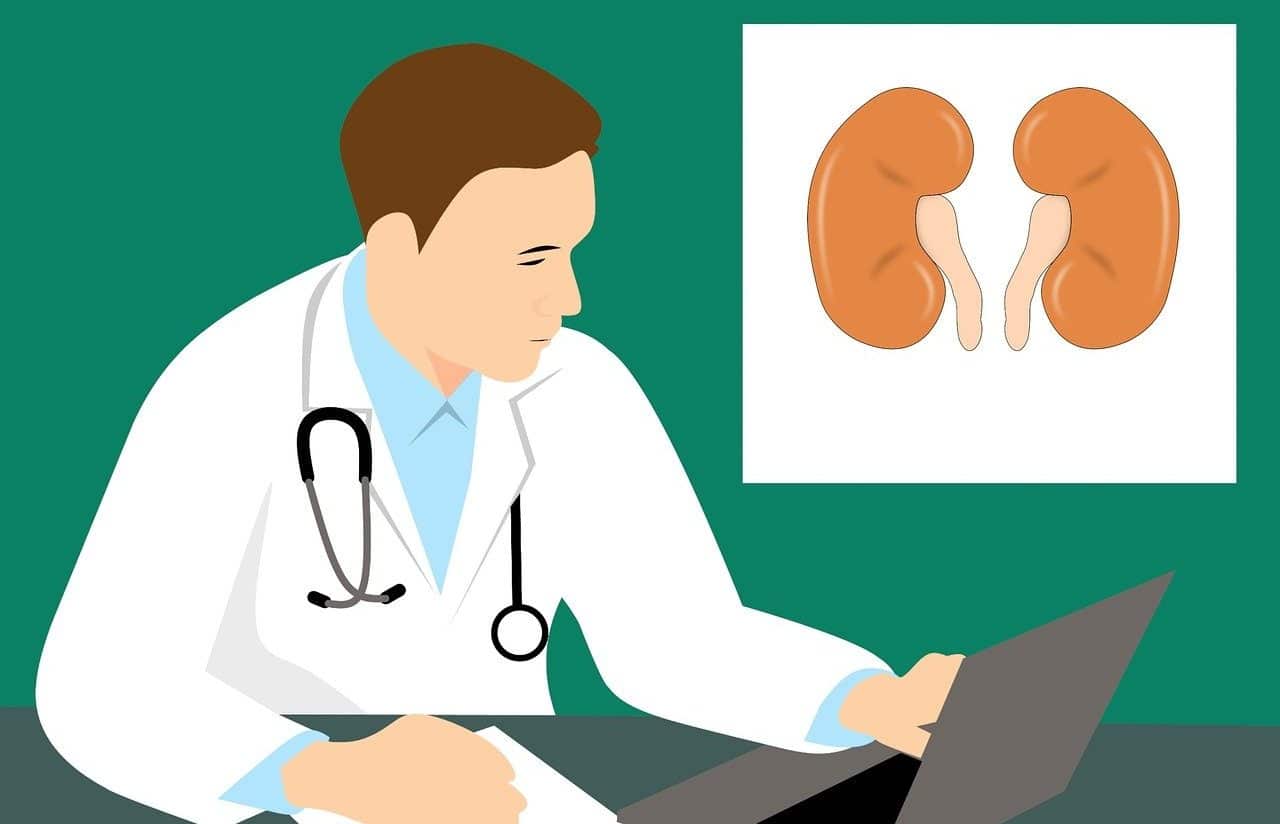
Oliguria represents a problem in generating and/or expelling urine.
Oliguria is a notion used in medicine to name a deficiency in diuresis . This last concept (diuresis), for its part, refers to the generation and/or expulsion of urine .
Urine, also called urine , is the liquid produced by the kidneys , stored in the urinary bladder and eliminated from the body via the urethra , in an action known as urination .
Through urine, a person eliminates various wastes and substances from their body whose excretion is necessary to maintain good health . It is estimated that each individual eliminates, under normal conditions, about 1.4 liters of urine daily .
Causes of oliguria
When this production is below this value, the person suffers from oliguria, also known as decreased urinary output . This disorder can be generated by various causes:
- Dehydration due to not drinking enough water or presenting with fever, diarrhea or vomiting.
- Absolute obstruction of the urinary tract, as a consequence of an increase in the size of the prostate (the phenomenon known as prostate enlargement, hypertrophy or benign prostatic hyperplasia, usually occurs in almost all men when they reach old age).
- The use of medications such as diuretics, anticholinergics or certain antibiotics.
On the other hand, there are certain rare causes that have also been identified in relation to the appearance of oliguria, such as blood loss or any type of condition that causes shock (when the body does not receive the blood flow necessary for its proper functioning). functioning, with the consequent lack of oxygen for cells and organs).

Oliguria can have different causes.
Classification according to type
From a functional point of view, the mechanisms that produce oliguria are grouped into the following categories:
- Prerenal : as a consequence of kidney shock, which can arise from dehydration due to lack of fluid consumption, sepsis, massive hemorrhage or diarrhea.
- Renal : due to damage to the kidney, such as shock , adverse effects of certain medications, or rhabdomyolysis.
- Postrenal : arises due to obstruction of urinary flow, as occurs with an enlarged prostate or in the presence of hematomas.
Diagnosis and treatment of oliguria
A CT or ultrasound of the abdomen, a blood test, or a urine test are some of the studies that help determine why oliguria may have occurred.
Once the origin of the oliguria is discovered, the doctor will decide what is the best treatment for the problem. It is important to make sure you drink the amount of water recommended by your doctor. The professional can administer a drug or insert a catheter, for example, and also instruct the patient to measure the amount of urine expelled per day.
If oliguria worsens, the patient will suffer from anuria (the absence of passing urine). When excretion does not reach fifty milliliters per day, the level is reached that allows anuria to be diagnosed, which is usually accompanied by vomiting, nausea and other disorders.
It is worth mentioning that the most severe cases of oliguria can be fatal, especially if not reversed with proper medical care. For this reason, it is important to consult a doctor at the first suspicion of producing less urine than normal per day.
Some of the information that the doctor usually requires from patients who suffer or believe they suffer from oliguria are the following: the approximate date on which the problem began and whether it has evolved since then; the amount of water they drink per day; any particularity related to the color of the urine; or if they have suffered from bladder or kidney problems.
